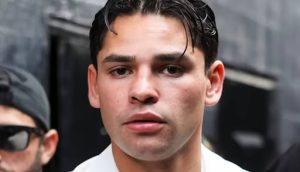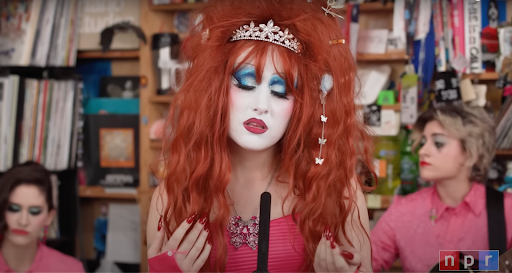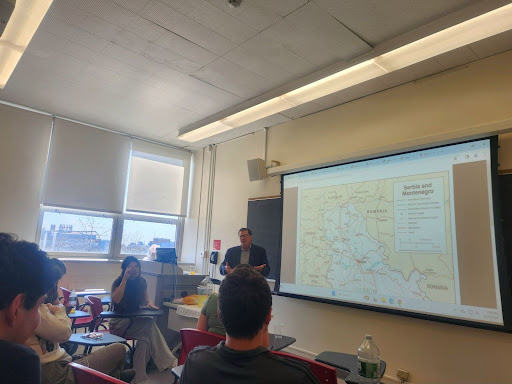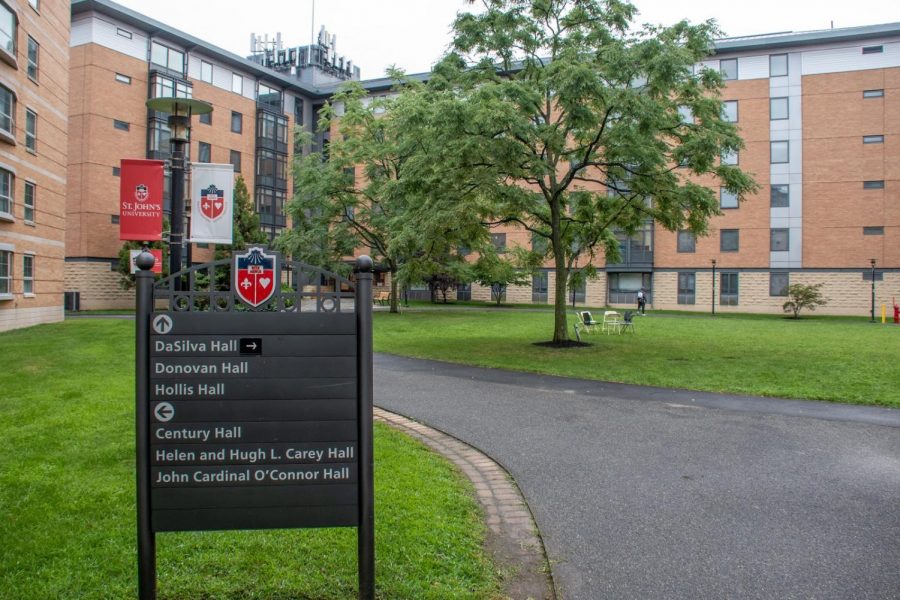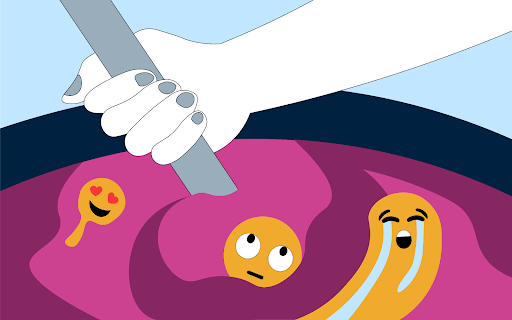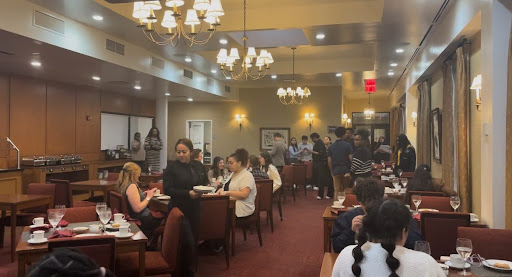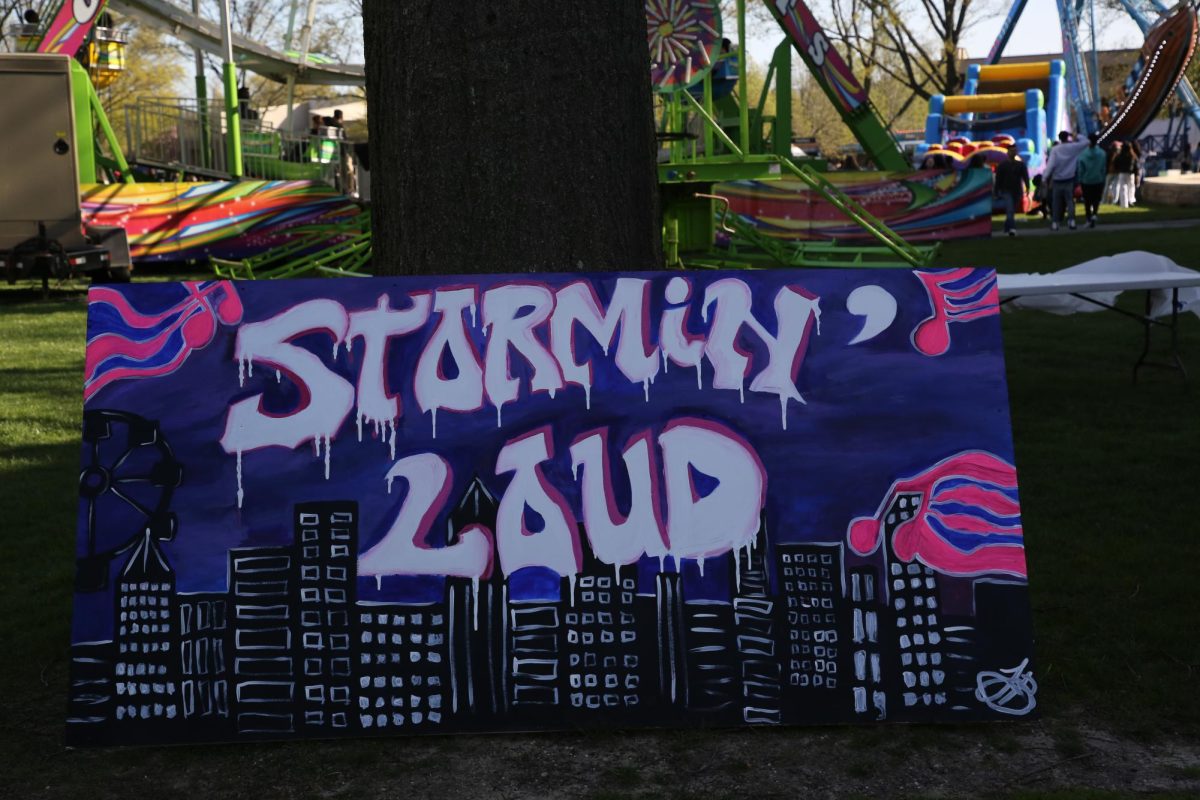Tensions between Lebanon’s Hezbollah group and Israel could rise rapidly after Hezbollah killed two Israeli soldiers on Jan. 28.
Hezbollah fired anti-tank missiles at Israeli military vehicles traveling in a disputed area along the Lebanese border. In addition to the two deaths, seven other Israeli soldiers were seriously injured. Israel immediately responded violently, and a Spanish U.N. peacekeeper was killed in the crossfire.
The attack on the Israeli soldiers followed an alleged Israeli airstrike in Syria on Jan. 18. The airstrike killed six Hezbollah operatives and at least one member of Iran’s Revolutionary Guard.
“This is to tell Israel that you cannot kill people and feel safe,” said Hassan Nasrallah, the leader of the Lebanon Shiite movement, according to a Jan. 30 article by The Wall Street Journal. “[After Israel’s attack], it was clear…we must respond.”
Nasrallah, speaking from an undisclosed location, addressed the attack. His speech was televised to a group of Hezbollah supporters in Beirut on Jan. 30.
According to a Jan. 30 article by BBC News, Nasrallah said, “We do not want a war but we are not afraid of it, and we must distinguish between the two and the Israelis must also understand this very well.”
Hezbollah’s attack is reminiscent of the 34-day war between Israel and the militant group in 2006. The war began with Hezbollah’s kidnapping and killing of two Israeli soldiers along the Lebanese-Israeli border. Retaliations led to a month-long war, killing some 1,250 people on both sides.
Some people fear that the situation could escalate to the same level of violence as it did in 2006. Meanwhile, others are hopeful for peace based on statements made by Israel on Jan. 29. According to the aforementioned Wall Street Journal article, the Israeli defense minister said that the Lebanese militant group had already requested a cease-fire through the U.N.
The U.S. Department of State released a statement this past Thursday officially condemning Hezbollah’s attack. According to Jen Psaki, the department’s spokeswoman, the Lebanese militant group was in direct violation of the U.N. Security Council Resolution 1701. This resolution demanded an end to all Hezbollah attacks. The statement also urged both sides to refrain from retaliation.


